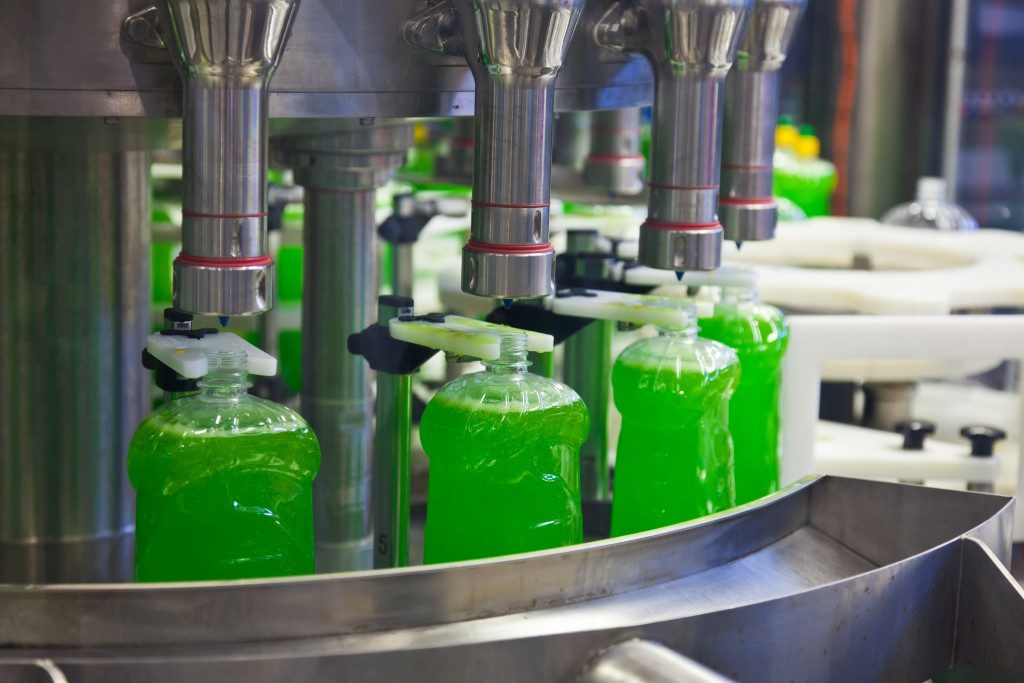Do you have an existing manufacturing business or just thinking of starting one? Have you given serious thought about which type of equipment to use and how you will make excellent products out of it? For a food and beverage business, we cannot risk settling to low-quality or average-quality equipment just for the sake of minimizing costs. People consume food and drink every day, and we want to make sure we are not compromising their health. For products like baked goods, you may want to buy a high-quality tabletop depositor and other confectionary equipment to ensure quality production.
Work with equipment that meets your clients’ demands
An industry like food and beverage requires fast-paced production services. That said, manufacturers should always have the most durable and reliable equipment to handle the demands. Take this situation as an example: Consumers buy bottled drinks on a daily basis. As a manufacturer, you want to be sure that the markets you supply for have a sufficient number of bottled drinks. To provide them with these bottles, your bottle-filling machines should be able to work with as many bottles as it could in a day without malfunctioning or even slowing down.
A way to determine your bottle-filling machine’s capability is by looking at their BPM (bottles per minute) rate. If you are an entry-level manufacturing company, it is highly likely that you would start with a manual bottle-filling machine. This smaller machine’s output is measured by its BPH (bottles per hour) rate. This type of equipment is not suitable for establishments with high demands. Your customers must be small businesses without plans for expansion.
Expanding your machinery and production quality is a crucial move. Transitioning to semi-automatic machines is a great option if you are beginning to grow your business. However, like the manual machine, it is only suited for manufacturers with clients who have no further plans to expand their business.
When you are ready for large-scale operations, buying an automatic filling machine is your best option. The maintenance and the machine itself cost more money, but this type of machine gives the highest quantity output and requires little to no manual handling. Automatic filling machines will meet your large-scale clients’ expectations.
Schedule Preventive Maintenance

Now that you’re equipped with the right type of tools, it doesn’t stop there; everything requires maintenance. Preventive maintenance is vital to keep your equipment working optimally. Doing this ensures that the service life of your machines is not shortened, that damages are minimized, and downtime rates are kept under control.
There are several types of machine maintenance, such as reactive maintenance, predictive maintenance, and proactive maintenance. Preventive maintenance is the most effective because it costs less in the long run. Regularly scheduled preventive maintenance will determine if your equipment needs immediate repair and improvement. In reactive maintenance, the equipment is used until it breaks down. You save money for regular check-ups, but in the end, spend more money on an overall repair.
Predictive maintenance is also a regularly scheduled routine, except it involves an entirely different process. It uses advanced technology to estimate when repairs are going to be needed, so it’s more expensive. Lastly, proactive maintenance focuses on how to control your equipment’s problem.
Preventive maintenance is the best option because it provides a complete checklist of what needs to be checked in your equipment. Like our vehicles, finances, and health, production machinery requires the same type of attention, if not more. Ensuring that your equipment works optimally at all times will keep your productivity rate high. You will keep more clients satisfied, giving you the resources to grow continuously.

